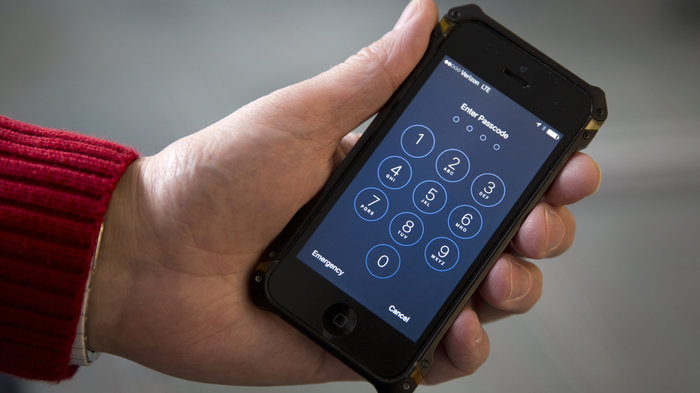Jeanine Añez is held by Bolivian courts as a “flight risk” and because of fear she might “interfere with investigations,” but her daughter Carolina Ribera says that by allowing pictures of the jailed former leader prison authorities are interfering with her mother’s privacy in actions that amount to psychological and emotional torture, and “physical harassment.”
Ribera says the ruling MAS party is using her mother as a political trophy and “so they believe they have the right to violate her in all those ways.”
“It is a type of harassment to take her pictures clandestinely, without her authorization, to Photoshop it, edit, and to publish it in all the networks and to tell lies about her. It is because of this that my mother is suffering physical and emotional torture,” said her daughter in a television interview decrying a widely published picture of her mother on her prison bed, eating. The picture was later shown to be Photoshopped with the addition of fries and a Burger King bag. This was relevant because Añez has claimed health issues with high blood pressure and, according to a Bolivian verification site, she was eating an avocado and not fried fast foods.
“She is feeling harassed in this form because this generates certain rejection, certain discomfort in the condition in which she is because she feels invaded,” charged her daughter.
Añez is being held in La Paz’s Miraflores Women’s prison among high-security inmates who are serving sentences of more than 8 years.
By Milan Sime Martinic



